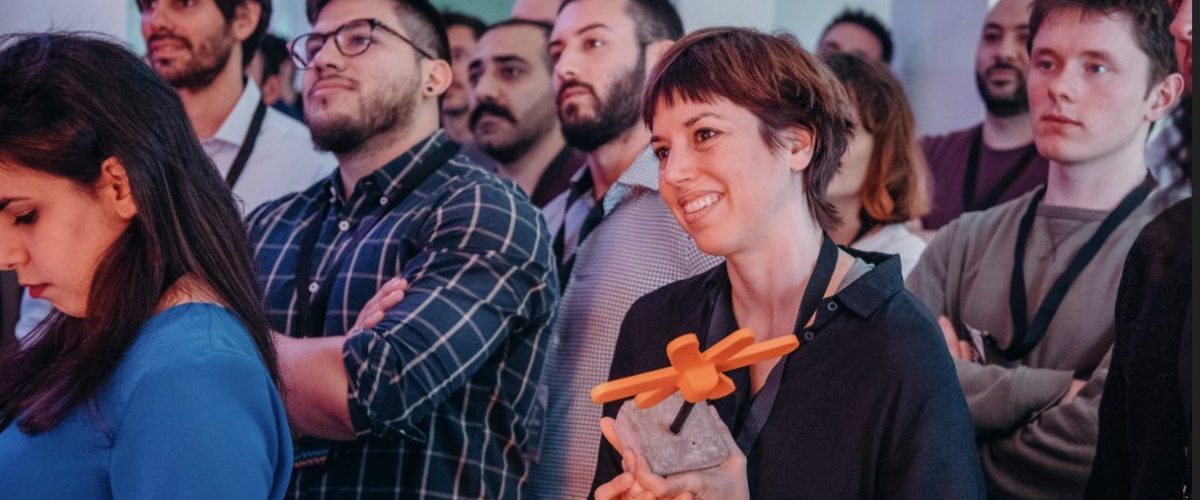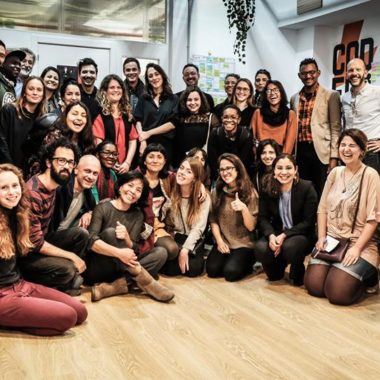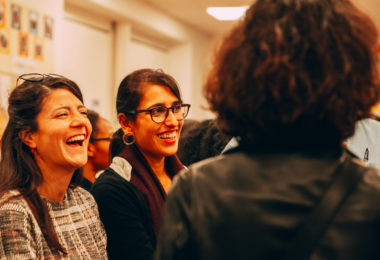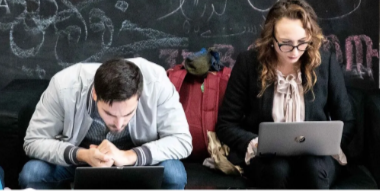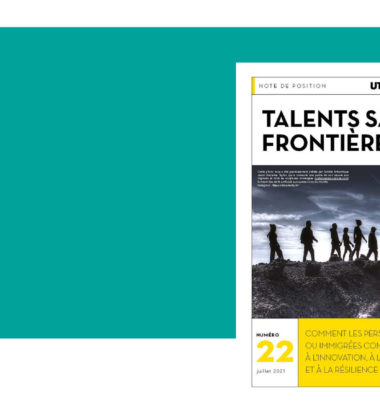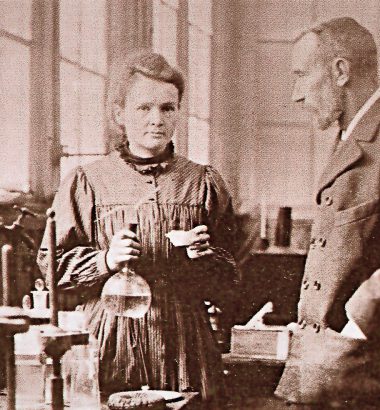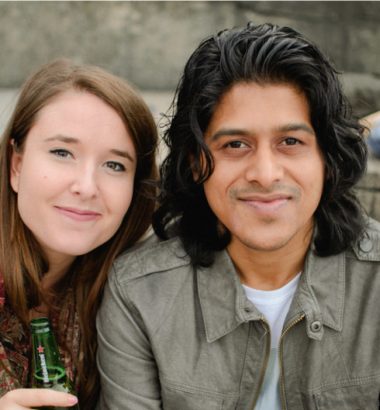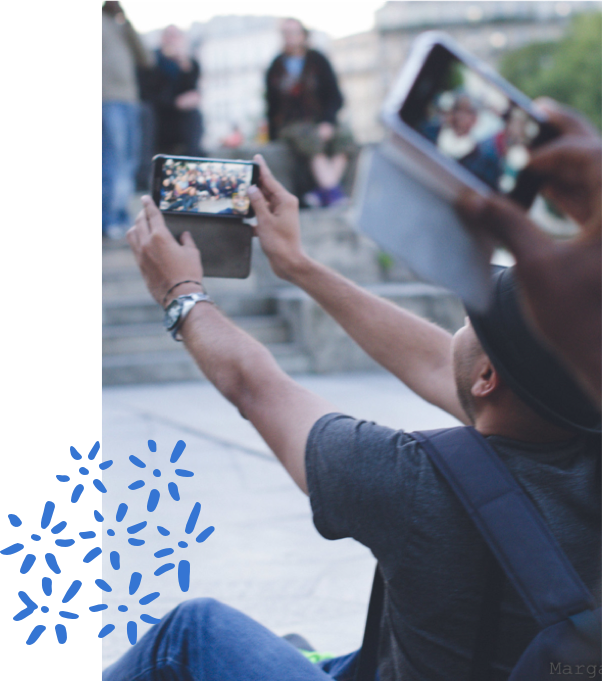“The world is witnessing the rise of more and more crises, which lead to stronger cultural, social and physical borders. These borders threaten the economy and social cohesion at a global level. To tackle this challenge, we need to create a culture of migration.”
Guillaume Capelle, founder of SINGA
- Today, 1% of the world’s population is displaced (UNHCR) and 3% immigrated (IOM): that is 272 million people who, willingly or unwillingly, live in a country other than the one in which they were born.
- In general, migration is negatively perceived as a burden or a danger. Its public perception triggers security debates and polarizes societies.
- Knowing that climate change is already causing more people to leave their homes, we must quickly and radically change our approach.
- Migration doesn’t have to be seen as just an extra expense for States. It is an opportunity to meet new people, to give meaning to one’s life as a citizen, to seize economic opportunities, to nourish national history, to transmit local knowledge, and to enrich cultures.
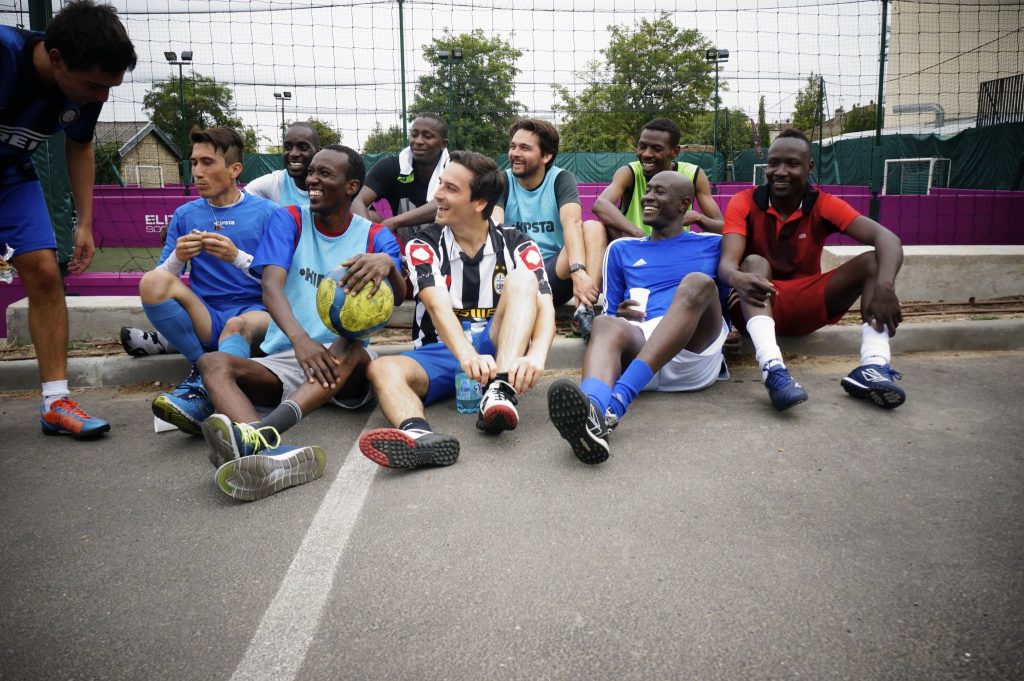
While migration is often perceived as a humanitarian or security issue, it has actually shaped the world as we know it, and will continue to do so. Studies from UNHCR, OECD, the Tent Foundation, the Refugee Investment Network or the World Bank all agree that migration is an opportunity, if we embrace it in the right way.
Wouldn’t it be amazing if, in 2040:
- The world was open to a more mobile version of humanity that is reactive to environmental and social changes.
- Each citizen of the world had their own identity, which is plural and dynamic. It would no longer be limited to one nationality, but would be nourished by the experiences, knowledge and skills of each person.
- Newcomers could easily find tools and spaces to interact with locals, everywhere.
- We were all eager to learn from other cultures, to highlight everyone’s talents and contribute to shape our common future.
